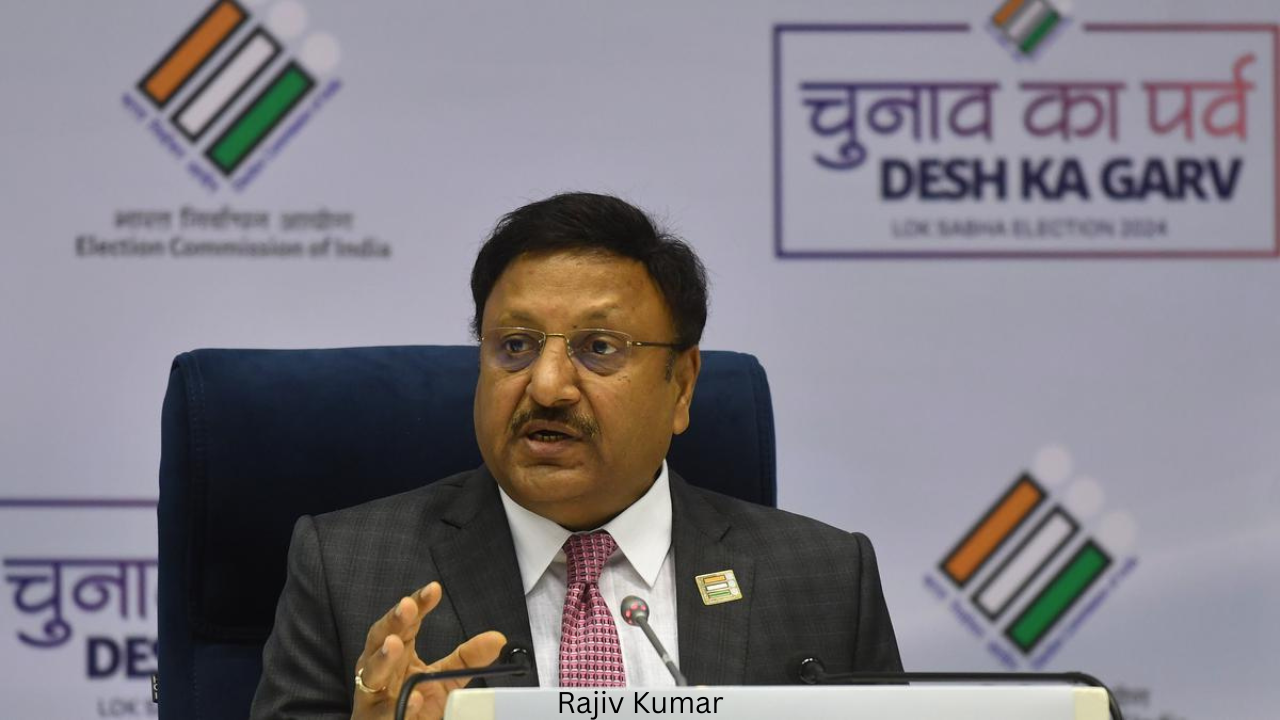Delhi will hold a single-phase assembly election on February 5, the Election Commission declared on Tuesday. Results will be announced on February 8.
Delhi will hold a single-phase assembly election on February 5, the Election Commission declared on Tuesday. The votes in all 70 constituencies in the national capital will be counted on February 8.
“The election is conducted in a single phase. The notice date will be January 10. The deadline for nominations will be January 17, with inspection on January 18 and withdrawal on January 20. The polling date is February 5, and the counting will take place on February 8. Chief Election Commissioner Rajiv Kumar declared at a press conference that the entire election process, including counting, would be completed by February 10.
India is the gold standard of elections. This is our collective legacy… there is no possibility of an irregularity in the commission because the procedures are so detailed. We are prepared to punish, and if we make a mistake personally, we will accept the consequences,” Kumar added.
The Aam Aadmi Party (AAP), led by Arvind Kejriwal, is seeking a third consecutive term in office in the national capital.
The election schedule was announced one day after the Election Commission released the final electoral roll for the elections. The national capital has 1,55,24,858 registered voters, a net gain of 1.09 percent.
EC on voter list deletion charge.
During the news conference, Chief Election Commissioner Rajiv Kumar also addressed the Aam Aadmi Party’s charges that voter names were removed from the lists.
“Due procedure has been followed meticulously in deletions or additions to voter lists, there is no opportunity for any manipulation,” the head of the polling commission stated.”
“Stories about electoral rolls are still going on. It consists of around 70 steps, including the electoral roll, election procedure, EVMs, polling stations, Form 17 (C), and counting stations, where political parties and candidates are present.
When electoral rolls are formed, frequent meetings must be held, which cannot be done without Form 6. Each part has the authority to nominate a BLA. Whatever claims and objections are raised, they are shared with each political party at the same time; the draft is posted on the website; no deletions are permitted until Form 7 is produced,” the CEC stated.
CEC denies EVM manipulation charge.
CEC Rajiv Kumar also addressed the opposition parties’ charges that electronic voting machines (EVMs) were misused during elections.
There is no proof of unreliability or a flaw in the EVM… There is no risk of introducing a virus or bug into the EVM. There is no doubt about illegitimate votes in the EVM. No rigging is possible.
High Courts and the Supreme Court have repeatedly stated this in various judgments… What else can be said? Electronic Voting Machines are reliable and tamper-proof devices. Claims of manipulation are baseless. We are addressing this now because we typically remain silent during elections, he clarified.
Regarding the debate over voter turnout numbers, the poll panel leader stated, It is impossible to change voter turnout…Some polling organizations report at midnight or the next day. Form 17C is matched before counting. There is nothing that VTR does not explain. It explains everything.


